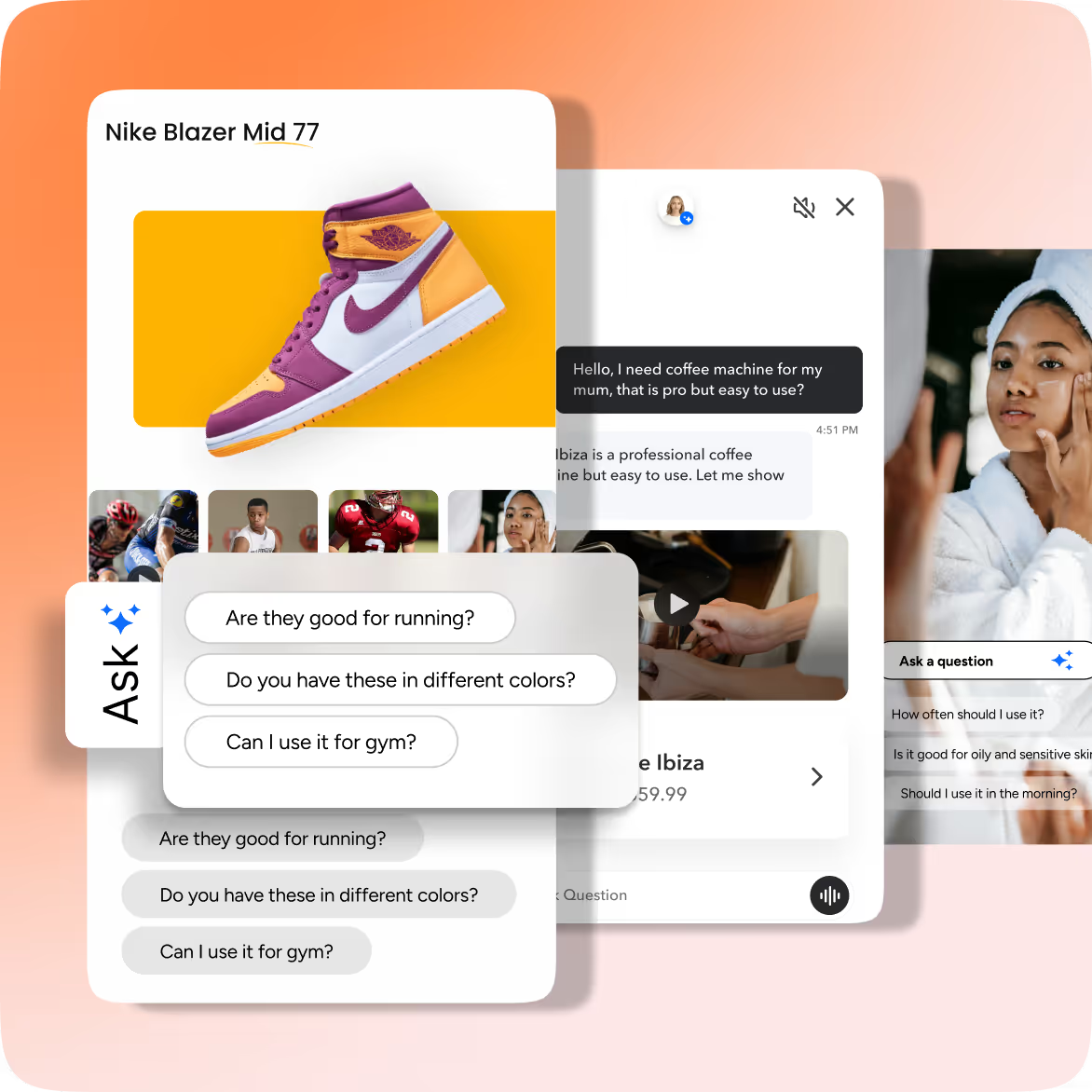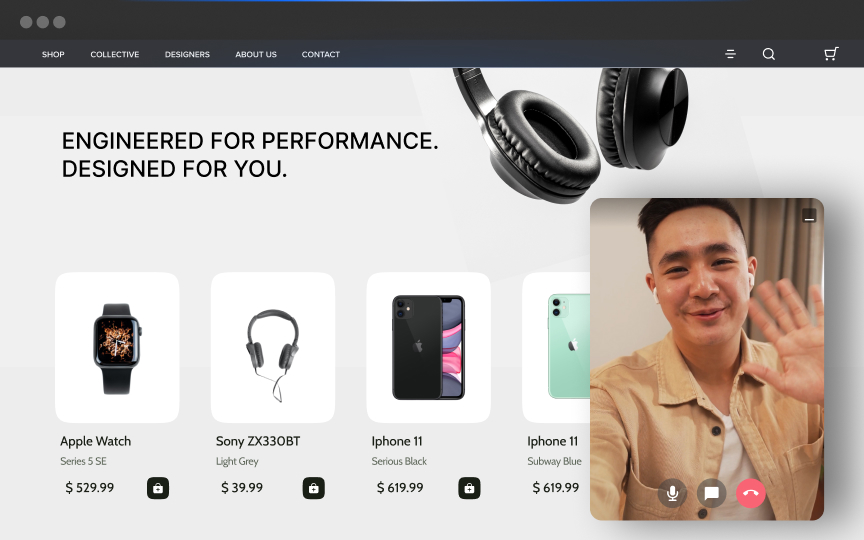ECommerce digital marketing is crucial for driving traffic, increasing sales, and building brand awareness. In this guide, we’ll explore key strategies to optimize your eCommerce digital marketing business for digital success.
What is eCommerce Digital Marketing?
Ecommerce digital marketing refers to the online strategies used to promote eCommerce businesses and drive revenue. It involves a variety of tactics to reach your target audience, attract them to your website, and encourage them to make purchases.
SEO (Search Engine Optimization)
By optimizing your website for search engines, you can improve its visibility in search results and make it easier for customers to find your products.
PPC (Pay-Per-Click) Advertising
PPC ads allow you to display your products on search engines and other platforms, driving targeted traffic to your website.
Email Marketing
Building an email list and sending targeted campaigns is a powerful way to nurture relationships with customers and encourage repeat purchases.
1. Building a Strong ECommerce SEO Strategy
SEO is the foundation of your eCommerce digital marketing efforts. A well-optimized website will rank higher in search engine results, making it easier for potential customers to find your products.
Keyword Research
Identify the search terms your target audience is using to find products like yours. Use keyword research tools to discover relevant keywords and phrases.
Optimized Product Pages
Ensure your product titles, descriptions, and images are optimized with relevant keywords. This will help search engines understand your content and improve your rankings.
Backlink Strategy
Build relationships with other websites in your industry to earn backlinks to your website. Backlinks are considered a vote of confidence and can help improve your search engine rankings.
2. Leveraging Paid Advertising for Quick Wins
Paid advertising can be a powerful tool to drive traffic and sales for your eCommerce business.
Google Shopping Ads
These ads display your products at the top of search results, making them highly visible to potential customers. You only pay when someone clicks on your ad, making it a cost-effective way to generate targeted traffic.
Social Media Ads
Platforms like Facebook and Instagram allow you to create visually appealing ads that can be targeted to specific demographics, interests, and behaviors. This helps you reach your ideal customers and increase brand awareness.
Retargeting Campaigns
Retargeting ads allow you to re-engage visitors who have left your website without making a purchase. By showing them personalized ads, you can remind them of the products they are interested in and encourage them to return.
3. Engaging Customers with Email Marketing
Email marketing is one of the most cost-effective ways to build relationships with your customers and drive repeat sales.
- Welcome Series: Send a series of welcome emails to new subscribers, offering exclusive discounts or promotions to encourage them to make a purchase.
- Abandoned Cart Emails: Recover lost sales by sending automated emails to customers who have abandoned their shopping carts. Remind them of the items they left behind and offer a limited-time discount to encourage them to complete their purchase.
- Personalized Promotions: Use customer data to send targeted product recommendations and special offers. This shows that you understand your customers' preferences and can provide personalized experiences.
By effectively utilizing email marketing, you can nurture customer relationships, increase customer loyalty, and drive repeat sales.
4. Boosting Brand Awareness Through Social Media
Social media is a powerful tool for building brand awareness and driving traffic to your eCommerce store.
- Content Creation: Regularly post valuable and engaging content that resonates with your target audience. This could include blog posts, images, videos, or behind-the-scenes glimpses of your business.
- Influencer Collaborations: Partner with influencers in your niche to reach a wider audience and build trust with potential customers. Influencers can promote your products or services to their followers, increasing your brand's visibility.
- Social Commerce: Many social media platforms now offer integrated shopping features, allowing you to sell products directly on your social channels. This can simplify the purchasing process for your customers and increase conversions.
With social media in your toolkit, it’s time to measure your success and adjust your strategy for maximum impact.
5. Analyzing Your ECommerce Digital Marketing Performance
Tracking your performance is essential to improving your eCommerce marketing efforts.
Google Analytics
Use Google Analytics to monitor key metrics such as website traffic, conversion rates, and user behavior. This data will help you identify what's working well and what needs improvement.
Customer Behavior Insights
Use tools like heatmaps to visualize how customers interact with your website. This can help you identify areas where you can improve the user experience and make it easier for customers to find and purchase your products.
A/B Testing
Experiment with different versions of your landing pages, email campaigns, and ads to see what drives the most conversions. This will help you optimize your marketing efforts and maximize your results.
Elevate Your eCommerce Marketing with Interactive Videos
At Firework, we specialize in helping eCommerce brands like yours create engaging, shoppable video content that drives conversions. Ready to take your digital marketing to the next level? Explore how we can help your brand thrive.
FAQs
What is ecommerce digital marketing?
E-commerce digital marketing refers to online strategies used to promote eCommerce businesses and drive revenue. It includes SEO, PPC advertising, email marketing, and social media marketing.
Is e-commerce better than digital marketing?
E-commerce and digital marketing are not mutually exclusive. E-commerce is a specific type of business that sells products or services online, while digital marketing is a broader term encompassing strategies to promote any business, including e-commerce.
What is e-commerce marketing?
E-commerce marketing is the process of promoting and selling products or services online. It involves various digital marketing tactics to attract customers, build brand awareness, and drive sales.
How to market an e-commerce website?
To market an e-commerce website, implement SEO strategies, utilize paid advertising, build an effective email marketing campaign, leverage social media, and analyze your performance to make data-driven decisions.
See Firework’s Shoppable Video in action! Preview on your site - https://preview.firework.com/
Unlock Exclusive Insights
By submitting this form, you agree to Firework's privacy policy and consent to receive personalized marketing communications. You can unsubscribe at any time.



























.png)


